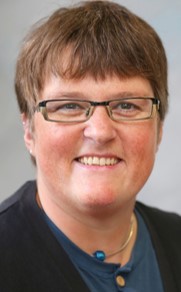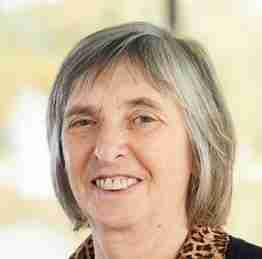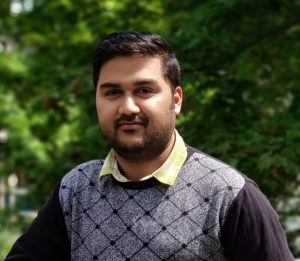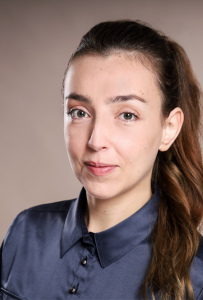University of Essex

The Plant Productivity group at the University of Essex has a long history and international reputation for research in photosynthesis and plant physiology to increase crop yields for food security. The group has developed new tools for measuring plant processes as well as developing transgenic plants with improved photosynthetic capacity that translates to increased biomass. The Essex team will be led by Professor Christine Raines along with Co-I Professor Tracy Lawson to work on natural variation as well as develop plants with improved photosynthesis.
The Plant physiology laboratory at Essex has expertise in monitoring plant performance and health as well as fundamental physiological processes. We have a suite of physiological tools for measuring plant performance including Infra-red gas analyses for measuring photosynthesis, transpiration and water use, spectral analyses for measuring ‘greenness’ and various stress indices, along with suite of chlorophyll fluorescence imaging screening capabilities for ‘plant health’. We host range of state-of-the-art growing facilities with spectral and intensity control to provide ‘real’ dynamic lighting, and a watering phenotyping platform with dynamic lighting.
Professor Tracy Lawson
Tracy is a plant physiologist with considerable experience in photosynthetic physiology and phenotyping with a special focus on stomatal behaviour. Some of her research has in
cluded the development of novel phenotyping tools and approaches to screen plant performance, including the development of the first imaging system to measure dynamic plant water use efficiency (McAusland et al., 2013). Lawson is author/co-author on >125 publications and was cited on the world highest cited list in 2019. She is also Director of Plant Phenotyping and Director of the Essex Plant Innovation Centre (EPIC) which brings scientists together with industry to address some local and global challenges facing the agriculture and horticultural sector.
Professor Christine Raines
Christine is a plant molecular physiologist working on photosynthesis, focussing on the regulation and manipulation of the Calvin Benson cycle. Christine’s interests have included characterisation of photosynthetic genes, analysis of gene expression and production and analysis of transgenic plants. Some of the first studies into transgenic manipulation of the Calvin Benson cycle were carried out in her laboratory and identified the first single target that led to improvements in photosynthesis and plant growth. Current research in her lab is focussed on identifying the limitations to photosynthetic carbon assimilation. Using transgenic plants this work has identified enzymes and proteins involved in photosynthesis the manipulation of which has the potential to increase plant yield. Currently an area of development in her lab is the use of CRISPR-Cas9 technologies to alter gene expression and regulation of proteins involved in photosynthesis.
Dr Jyotirmaya Mathan
Jyotirmaya Mathan is a senior research officer at the University of Essex. He has a keen interest in exploring the different anatomical and physiological traits contributing to photosynthesis along with sources-sink communications using natural genetic diversity. He awarded his doctorate in plant physiology and molecular biology from the National Institute of Plant Genome Research (NIPGR), India.
In CAPITALISE project, Jyotirmaya will be focusing on the variations of biochemical and physiological traits across the different genetic populations of barley, maize and tomato using photosynthetic gas exchange analysis. His work is published in many peer-reviewed journals, including JXB, Development, Physiologia Plantarum and Genome.
Dr Virginie Mengin
Virginie is working in Christine Raines research group at the University of Essex in the Capitalise project. She has extensive knowledge in central metabolism, plant physiology, photosynthetic carbon metabolism, light signalling, and chronobiology and used to work in the Stitt group at the Max Planck Institute of Molecular Plant Physiology. She is focusing on constructing transgenic plants with altered expression of enzymes and proteins involved in the CB cycle as well as following selected metabolism changes within natural accessions grown in artificial or natural conditions.



